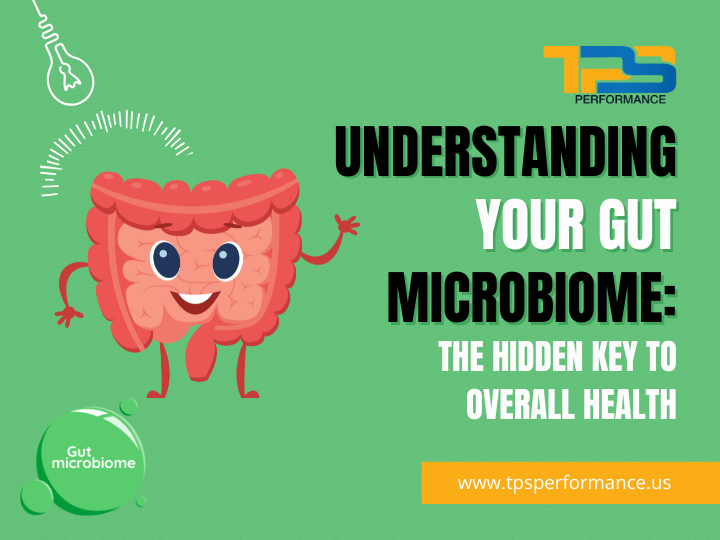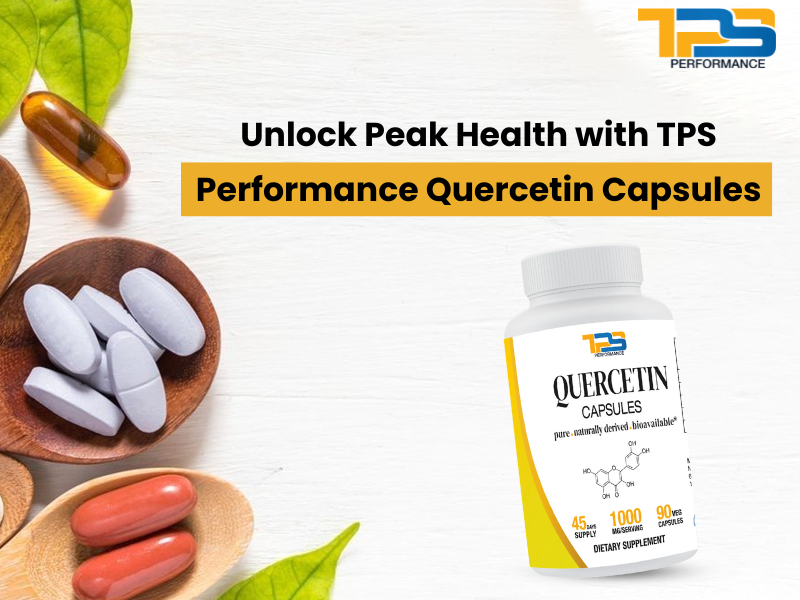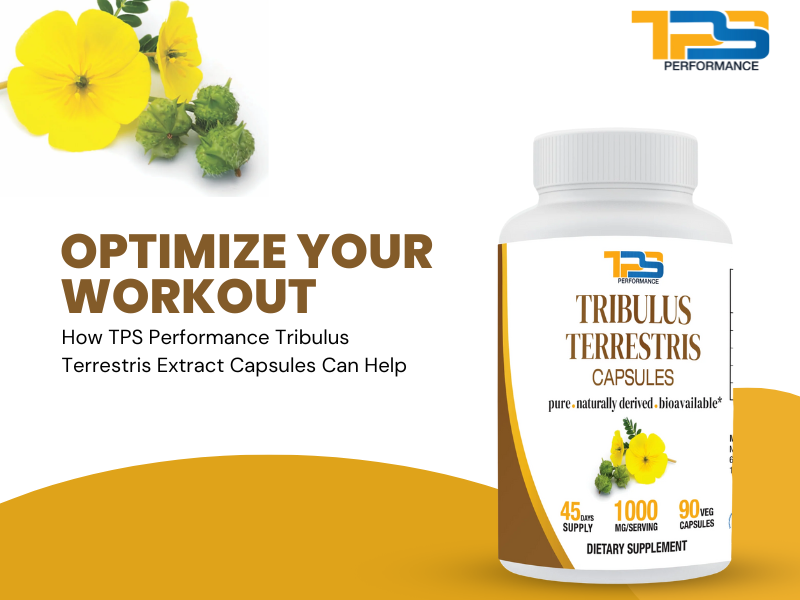When we think about health, we often focus on our heart, skin, or immune system. But there’s an entire ecosystem inside your body that influences all of these — your gut microbiome.
What Is the Gut Microbiome?
Your gut microbiome is a vast community of trillions of microorganisms — bacteria, fungi, and other microbes — living mainly in your intestines. Far from being harmful, most of these tiny organisms play crucial roles in:
• Digesting food and extracting nutrients
• Producing vitamins like B12 and K
• Regulating immunity and inflammation
• Supporting mental health through the gut-brain connection
A balanced microbiome keeps your digestion smooth, your mood stable, and your immune system strong. But when this balance is disturbed — due to poor diet, stress, antibiotics, or lack of sleep — it can lead to bloating, fatigue, skin issues, and even chronic disease.
Why It Matters So Much
Researchers now call the gut our “second brain.” About 90% of serotonin — the feel-good hormone — is made in your gut. That means your digestive health is directly tied to your emotional wellbeing.
A healthy microbiome also helps control weight, supports clearer skin, and reduces risks of conditions such as diabetes and autoimmune disorders.
How to Support Your Gut Naturally
1. Eat More Fiber-Rich Foods
Fiber feeds your good bacteria. Include plenty of vegetables, fruits, legumes, nuts, seeds, and whole grains.
2. Add Fermented Foods
Probiotic-rich foods like yogurt, kefir, kimchi, and kombucha introduce beneficial bacteria into your system.
3. Avoid Excess Processed Foods & Sugar
Highly processed foods and refined sugars promote the growth of harmful bacteria and yeast.
4. Stay Hydrated
Water supports digestion and helps beneficial bacteria thrive.
5. Manage Stress
Chronic stress can alter your gut flora. Try meditation, yoga, breathing exercises, or simple outdoor walks.
6. Get Enough Sleep
Your gut bacteria have their own circadian rhythms. Poor sleep can throw them off balance, affecting digestion and mood.
7. Use Antibiotics Wisely
Antibiotics can wipe out both good and bad bacteria. Only take them when prescribed and consider probiotics afterward to help restore balance.
8. Consider Gut-Healthy Supplements
Certain supplements, such as probiotics and prebiotics, can help support a balanced gut microbiome. Probiotics provide beneficial bacteria, while prebiotics serve as food for these microbes, encouraging their growth. Always consult your healthcare provider before starting any supplement to ensure it’s appropriate for your individual needs.
Your gut microbiome is not just about digestion — it’s a central part of your overall health. By eating whole, plant-based foods, adding probiotics, managing stress, and sleeping well, you can nourish the good bacteria that keep you thriving from the inside out.
A healthy gut truly means a happier, healthier you.







